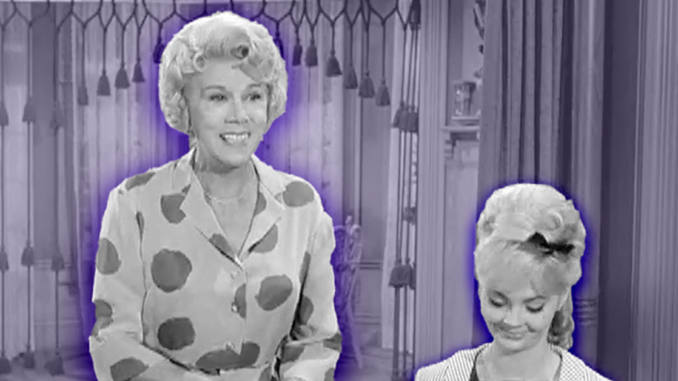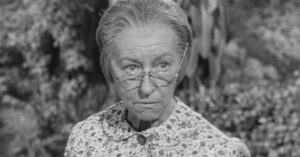
When Petticoat Junction premiered, people didn’t understand what else it could bring to the table. After all, the series’ creator, Paul Henning, had already delivered America The Beverly Hillbillies. How different could another show be if it was also set in rural America? A lot of viewers felt they already had everything they wanted from it in the earlier series.
Luckily for the residents of Hooterville, Petticoat Junction got a chance to shine, and it pretty quickly proved it deserved a place on TV.

Junction was instantly more sophisticated than Hillbillies. Most importantly, it showed the rest of the country that not all country folk sounded like Jed Clampett. Not everybody from rural America is a hillbilly. In addition to these cultural truths, Petticoat Junction brought a genuine small-town warmth to the small screen. Henning loved his hometown of Independence, Missouri, and that affection shines through the characters on his show.
Bea Benaderet didn’t consider herself the star of Petticoat Junction
In Petticoat Junction’s second episode, Bea Benaderet’s character delivers a monologue that brilliantly sums up what the show is all about. While it may not have been intended as such, the speech ends up being Junction’s entire thesis statement in one monologue:
“Folks in this valley depend on that train. It hauls the farmers’ crops to market, takes their children to school, and brings their supplies from town. And on Sunday it makes a special trip just to take folks to church.
“When my three babies were born who came screamin’ through the night, bringing the doctor to my side? The Hooterville Cannonball. Her whistle speaks a language we all understand.
“To the children, it’s a lullaby. To young folks a song of love and to the old it’s a hymn of comfort. Folks in this valley haven’t got much money, but as long as that little train runs, they’ll never be poor.”